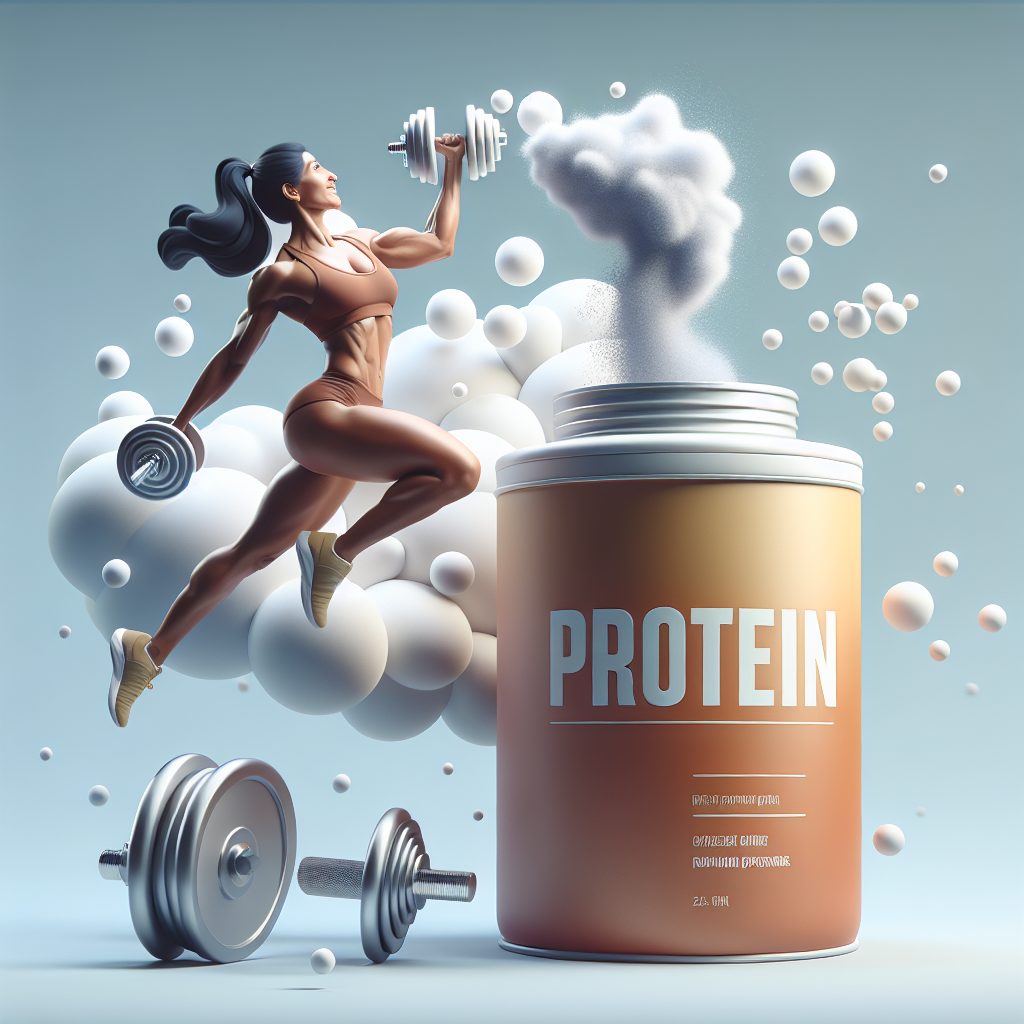Gaining weight healthily means more than just eating anything that adds calories; it requires a strategy that prioritizes muscle, nutrient density, and steady progress. If you’re looking for reliable options, the best protein powder to put on weight combines high-quality protein with enough calories or the flexibility to pair with calorie-dense ingredients. Below you’ll find practical guidance on selecting powders, what to mix them with, and how to use them safely to support healthy weight gain.
How to choose the best protein powder for weight gain
Selecting the right product depends on your goals: build muscle, add body fat in a controlled way, or simply increase overall calorie and protein intake. The best protein for weight gain will provide a substantial serving of complete amino acids, be easy to digest, and either contain extra calories (mass gainers) or mix well with calorie boosters like milk, nut butters, and oats. If you’re lactose intolerant or follow a vegan diet, plant-based blends can be effective when formulated to provide complementary amino acids.
Protein types and what they offer
Different proteins suit different needs:
- Whey concentrate/isolate: Fast-absorbing, rich in leucine, ideal post-workout to support muscle synthesis.
- Casein: Slow-digesting, good for nighttime shakes to sustain amino acids during sleep.
- Mass gainers: High-calorie blends that combine protein, carbs, and often added fats—good for hard gainers.
- Plant-based blends (pea, rice, soy): Useful for vegans; look for blends that provide a full amino acid profile.
Practical strategies to use protein powder effectively
To maximize gains, focus on total daily calories and protein distribution. Aim for around 1.6–2.2 g/kg body weight of protein if your goal is muscle growth, and increase calories by 300–700 kcal/day above maintenance for gradual weight gain. The best protein powder for weight gain won’t magically add pounds without a caloric surplus, so use powders as part of calorie-rich meals or shakes.
Here are ways to make shakes more calorie-dense and nutritious:
- Blend protein powder with whole milk, bananas, oats, and nut butter for a high-calorie meal-replacement shake.
- Add healthy fats like avocado or flaxseed oil to increase kilojoule density without excessive volume.
- Use casein or cottage cheese in evening shakes to reduce overnight muscle breakdown.
Choosing supplements vs. whole foods
Whole foods should remain the foundation of your diet—lean meats, dairy, legumes, whole grains, fruits, and vegetables. The best protein supplement to gain weight acts as a convenient bridge when you can’t meet calorie or protein needs through food alone. Consider powders that contain additional carbohydrates or choose to combine plain protein powders with calorie-rich ingredients for a tailored approach.
For broader dietary strategies and how structured diets can influence metabolic outcomes, you might find interesting context in studies and programs such as the NHS soup and shake diet: a new approach to reversing type 2 diabetes, which highlights how targeted nutritional plans can produce significant health changes when properly supervised.
Top considerations when shopping
When evaluating products, read labels for:
- Protein per serving (aim for 20–30 g for most adults per serving).
- Total calories—mass gainers can have 500–1200 kcal per serving.
- Added sugars and artificial ingredients—prefer minimal additives.
- Third-party testing and clear ingredient sourcing.
For evidence-based guidance on protein needs, quality, and safety, refer to the NIH Office of Dietary Supplements for a concise overview of dietary protein and recommended intakes: NIH ODS protein factsheet.
Quick buy tips
- Hard gainers: start with a mass gainer or whey plus calorie boosters.
- Muscle-focused: prioritize whey concentrate/isolate plus resistance training.
- Vegan: choose a blended plant protein that lists complete amino acid coverage.
Short FAQ
Q: How often should I use protein shakes to gain weight?
A: Use them to fill gaps—post-workout and as a convenient meal or snack 1–2 times daily. Consistency with total daily calories matters more than timing alone.
Q: Are mass gainers necessary to put on weight?
A: Not necessary, but they’re helpful for people who struggle to eat enough calories. You can also add milk, oats, nut butter, and fruits to standard protein powder to create high-calorie shakes.
Q: Can I gain fat instead of muscle with protein powders?
A: If calories exceed what your body needs and you’re not doing resistance training, excess calories will be stored as fat. Combine adequate protein with strength training to favor muscle gain.






